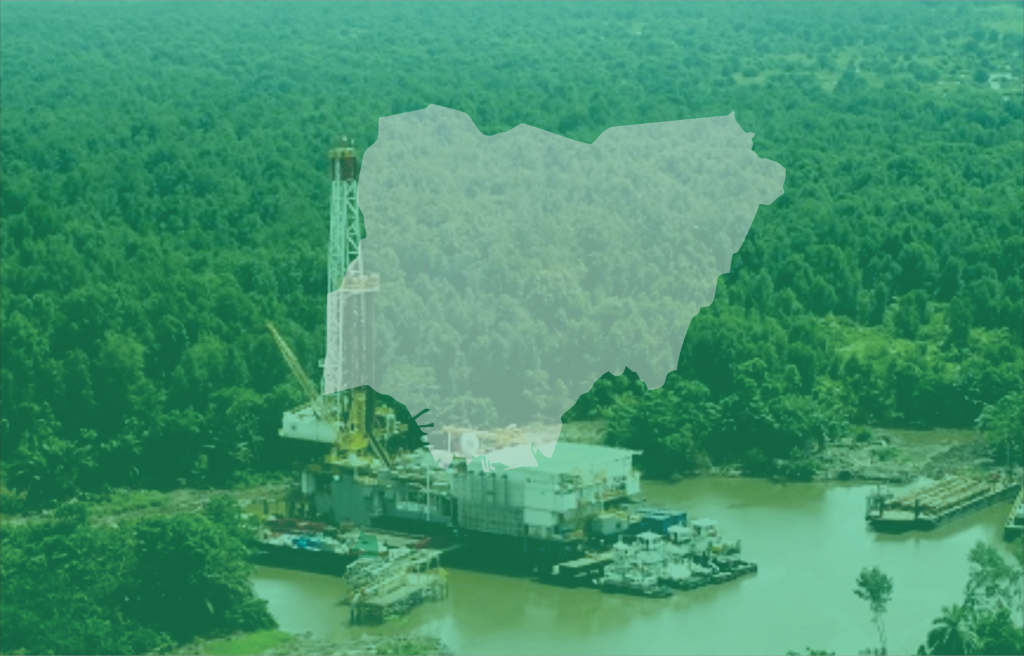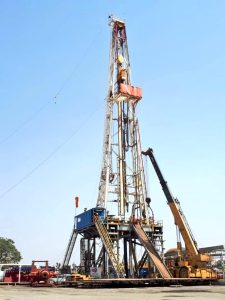Nigeria’s Oil Dominance is Undermined by High Drilling Costs: Deloitte Warns

Forecasters states that inefficiencies towards oil drilling threaten regional stability, family livelihoods and Africa’s energy future.
Despite controlling about 60 percent of West Africa’s $80 billion oil market, Nigeria is paying a steep price for its dominance. According to a new Deloitte report, the country’s drilling and operating costs are about 50 percent higher than those of its regional peers. This gap threatens economic competitiveness, investor confidence and even household stability across the country.
The report paints a mixed picture: while Nigeria and Ghana together account for 80 percent of the region’s oil market, the sector’s underlying cost structure, insecurity and weak infrastructure continue to erode potential growth. West Africa’s oil and gas market is projected to expand at a compound annual growth rate (CAGR) of 6.5 percent from 2025 to 2033, but Nigeria’s cost premium of drilling, risks slowing that momentum.


Deloitte identifies five major challenges confronting the region’s producers are limited funding for independent operators, high operating costs, security threats, regulatory uncertainty and inadequate infrastructure. In Nigeria, these challenges converge in a complex policy environment where local content rules, procurement bottlenecks and insurance risks often inflate production expenses. “West Africa is one of the most expensive regions in the world to drill, making it more challenging for African producers in Nigeria to compete globally” – the report notes, warning against the high cost structure.
While local content policies are meant to build domestic capacity, they often backfire when the required equipment or expertise is unavailable locally, leading to costly delays and duplicate spending.
Balancing the sheets with human and social dimensions, the ripple effects extend to families and communities dependent on oil-sector employment. High operating costs limit reinvestment in jobs and welfare programs, expanding economic insecurity in oil-producing regions already strained by environmental degradation and social unrest. And the resultant effect translates into fewer livelihood opportunities, rising inflation in oil-linked states and a widening gap between the wealth generated offshore and the poverty visible onshore for most families. The economic consequences have extensive human and cultural sidelines. They affect everything from local schools to regional migration.
Deloitte highlights strategic reforms such as Nigeria’s Petroleum Industry Act (PIA) and the planned $5 billion Africa Energy Bank (AEB) as potential game-changers for restoring efficiency and investor trust. These initiatives aim to simplify regulations, expand financing access and encourage technological innovation.
Oil and gas companies are also investing more heavily in digital tools and data analytics to optimize operations, cut costs and manage risks. Collaborative public-private partnerships, Deloitte argues, will be crucial to maintaining energy security and sustainable growth across the continent.

The report underscores that Nigeria’s challenges are not merely domestic but regional and global in scope. With the energy transition accelerating worldwide, inefficiencies in Africa’s largest oil economy could undermine the region’s capacity to position itself in future energy markets, transiting from gas exports to renewable integration.
As Nigeria grapples with balancing economic reform, political will and local realities, the stakes extend far beyond fiscal performance. The country’s ability to reduce its drilling costs may determine its share of the global oil market and also the empowerment of millions of households whose livelihoods depend on its success.






